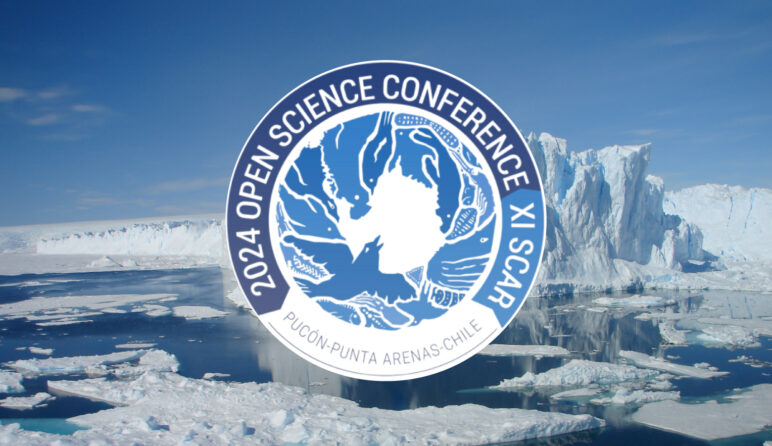The 11th Scientific Committee on Antarctic Research (SCAR) Open Science Conference was held in August 2024 in Pucón, Chile. Around 1,500 international scientists, educators, and policy makers engaged in a week of talks, meetings, and workshops. EDI topics were well represented, including the first ever EDI themed plenary in the history of the OSC, parallel sessions, a workshop, and the newly formed ‘SCAR EDI Action Group’ business meeting. The UK was represented by members of the Diversity in UK Polar Science steering committee, including members of BIOPOLE.
The theme of the EDI session “Is Antarctic science ready to help tackle urgent global issues? Perspectives on strengthening equitable science communities” included talks on historic discrimination against women in Antarctic science, the values of present day national and international programmes, the perspectives of early career researchers and how to widen participation in polar science. Discussions included the structural problems facing the international community including language barriers and socioeconomic and cultural differences. The workshop “Synergistic approach to addressing DEI issues; learning from different contextual initiatives” gave participants a chance to describe how these issues impact current and emerging polar researchers. A recurrent theme across the conference was how western-centric most EDI (and other) activities are and how this needs addressing.
The highlight of the entire conference for many was the final plenary talk by Professor Meredith Nash “The reckoning: how #MeTooAntarctica is changing fieldwork”. This lecture, supported by the SCAR EDI Action Group, traced the conditions that gave rise to #MeTooAntarctica and Meredith’s experiences working with women around the world involved in the movement, often at significant personal cost. This powerful talk, delivered for 45 minutes without slides, captivated the entire audience with a thought provoking and often shocking description of a culture of sexual harassment within Australian polar science. Meredith ended with leading practice recommendations for National Antarctic Programs to productively seize the opportunity for robust prevention and response measures that underpin safe and respectful fieldwork environments. The talk received a standing ovation and sparked important and ongoing conversations within the international audience.
The full talk can be viewed below but please be aware that it contains themes that could be upsetting.
The authors of the article – Huw Griffiths and Pilvi Saarikoski from British Antarctic Survey

